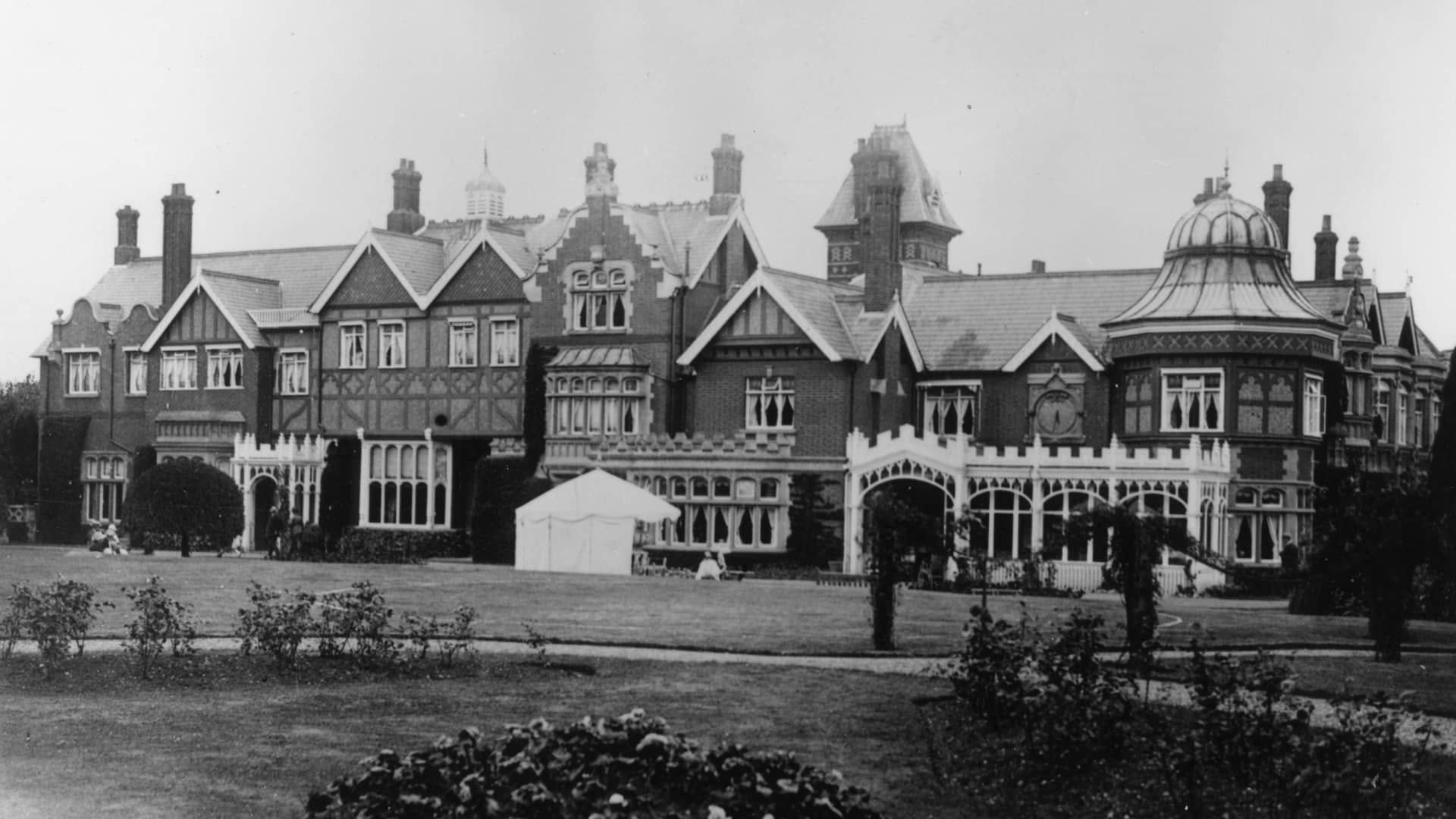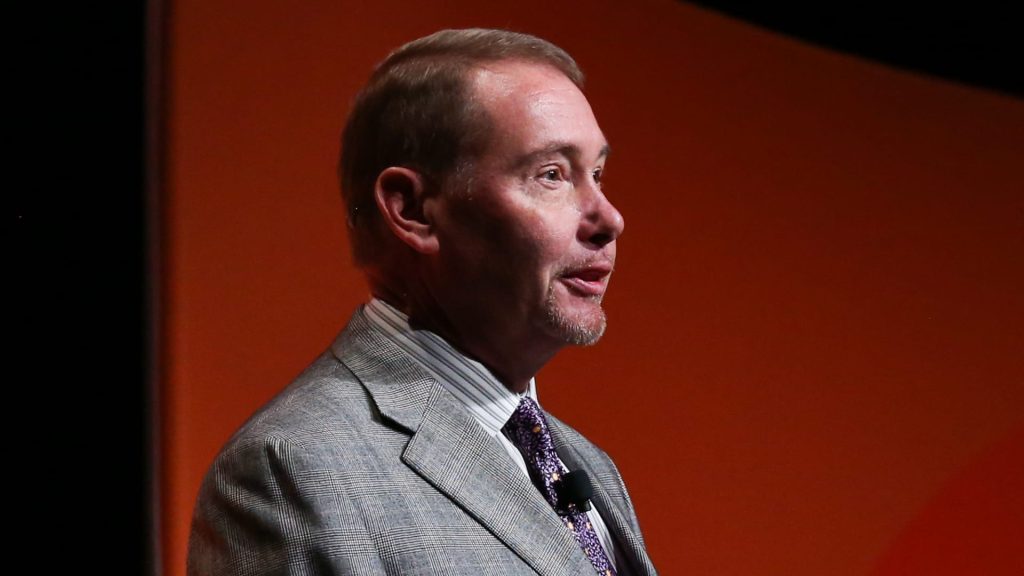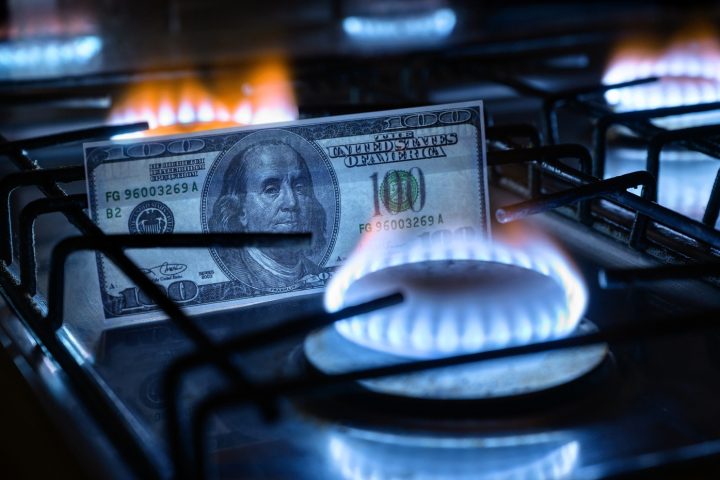The U.K. government said Wednesday that it will invest £225 million ($273 million) into an artificial intelligence supercomputer, highlighting the country’s ambition to lead in the technology as it races to catch up to the U.S. and China.
The University of Bristol will build the supercomputer, called Isambard-AI after the 19th-century British engineer Isambard Brunel. The announcement coincided with the first day of the U.K’s AI safety summit, which is being held in Bletchley Park.
The U.K. government said that Isambard-AI will be the most advanced computer in Britain and that, once complete, it will be “10 times faster than the U.K.’s current quickest machine.” The computer will pack 5,448 GH200 Grace Hopper Superchips, powerful AI chips made by U.S. semiconductor giant Nvidia, which specialize in high-performance computing applications.
Hewlett Packard Enterprise, the American IT giant, will help build the computer, with aims to eventually connect it to a newly announced Cambridge supercomputer called “Dawn.” That computer, built by Dell and U.K. firm StackPC, will be powered by more than 1,000 Intel chips that use water-cooling to reduce power consumption. It is expected to start running in the next two months.
The U.K. government hopes that the two combined supercomputers will achieve breakthroughs in fusion energy, health care and climate modelling.
The machines will be up and running starting in summer 2024, the government said, and will help researchers analyze advanced AI models to test safety features and drive breakthroughs in drug discovery and clean energy.
The government previously earmarked £1 billion to invest in the semiconductor industry, in an attempt to secure the country’s chip supplies and reduce its dependence on East Asia for the most commercially important microchips.
Read the full article here







